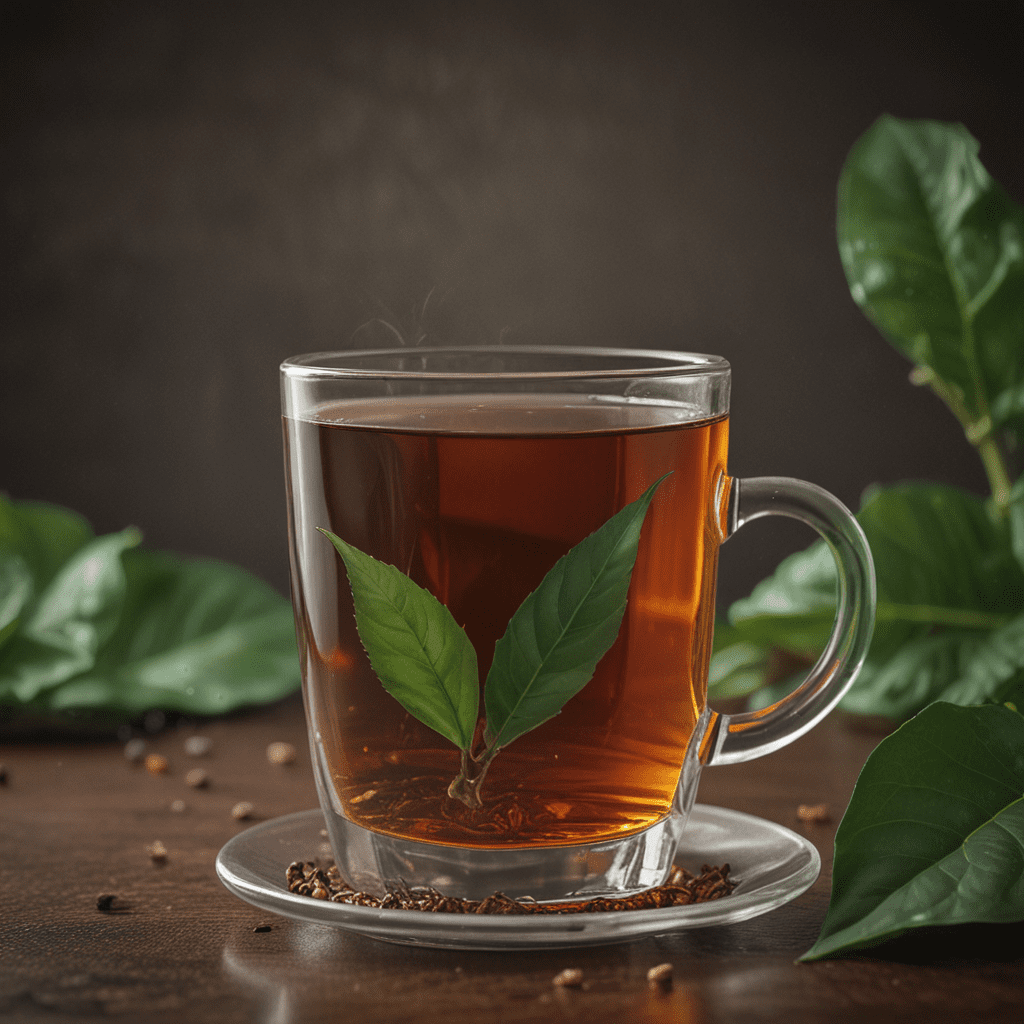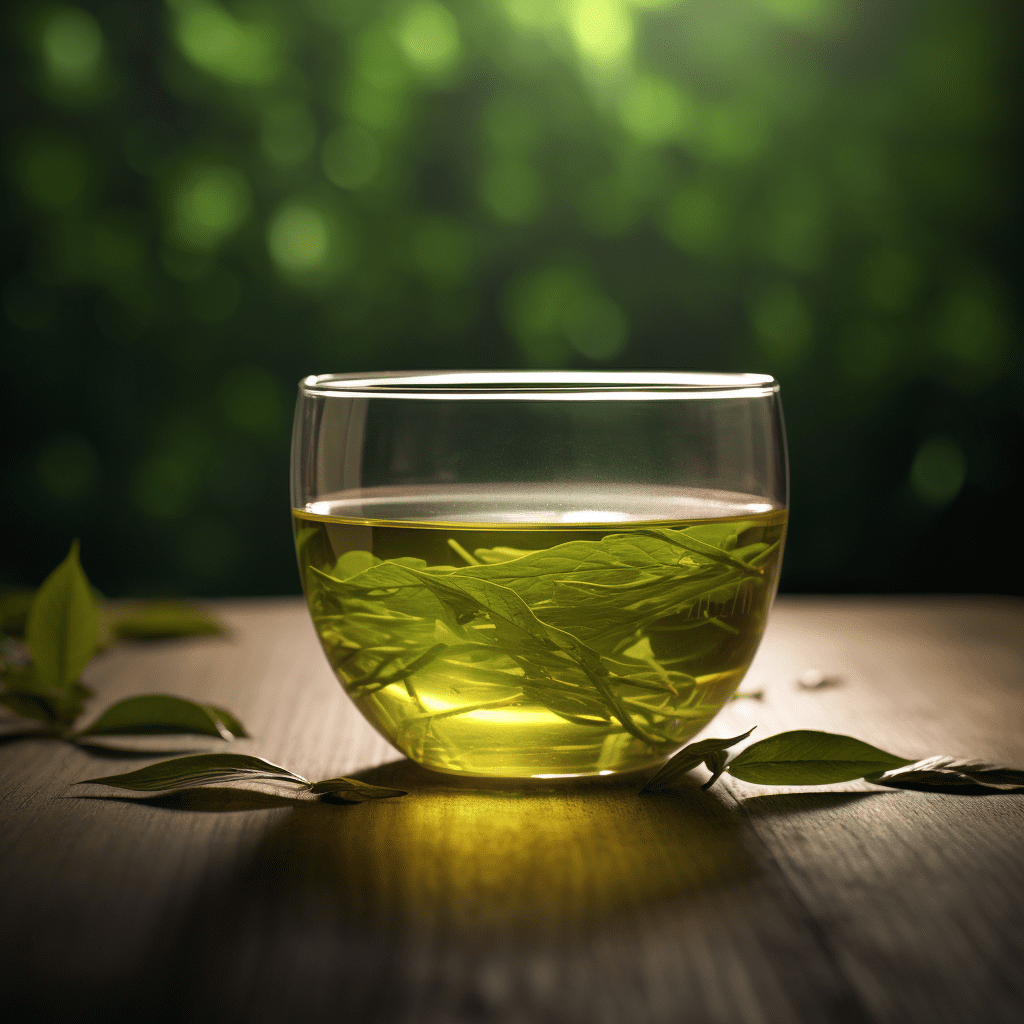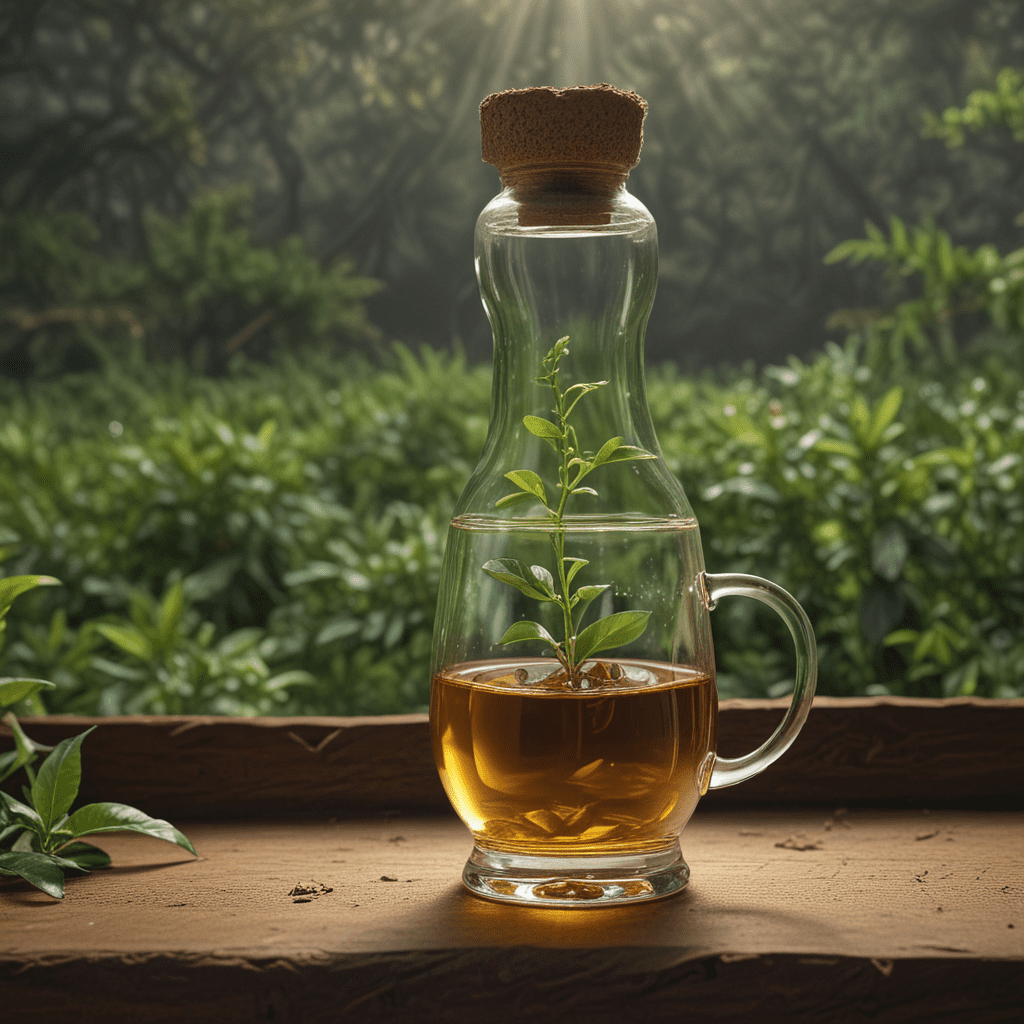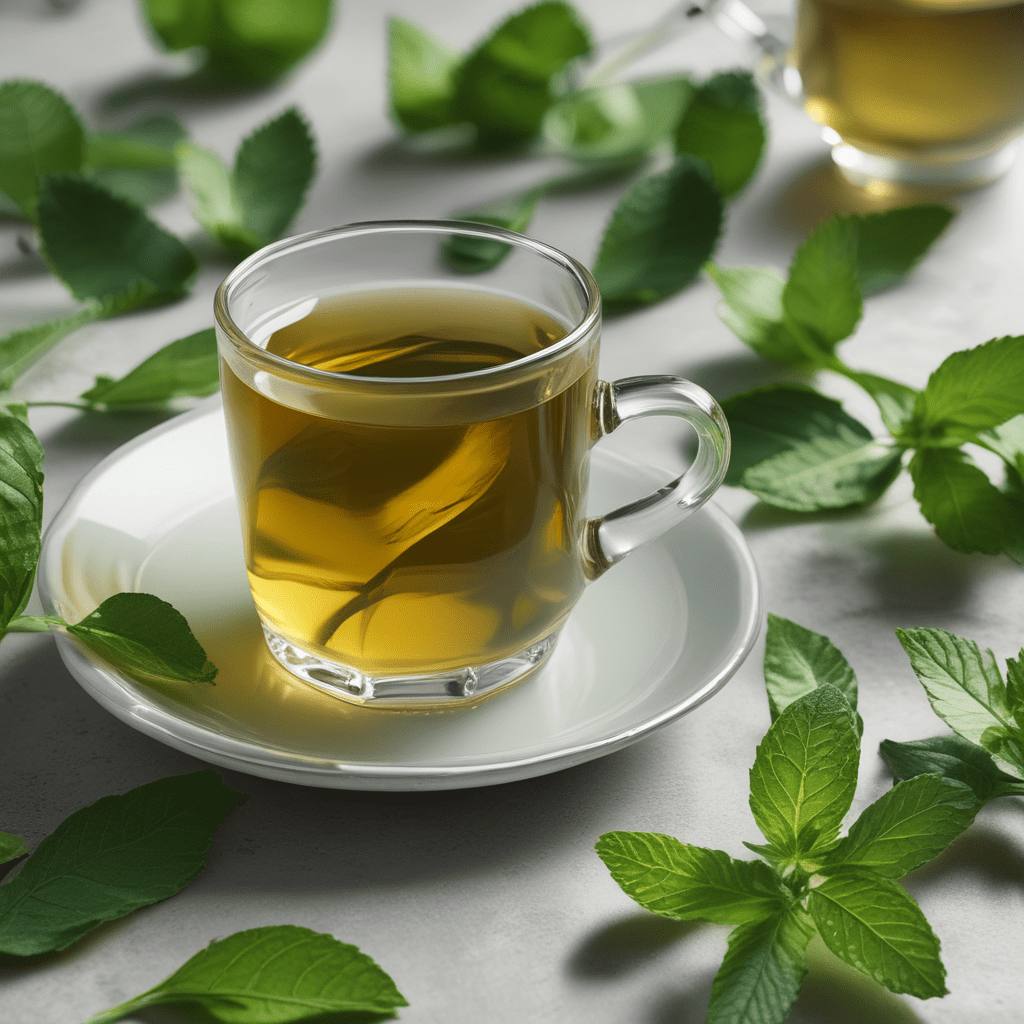
Ceylon Tea and Its Evolution in Modern Tea Culture
1. Historical Origins of Ceylon Tea
Ceylon tea has a rich and storied history dating back to the 1800s. The first tea plants were brought to the island nation (now known as Sri Lanka) from China in 1824. However, it wasn't until 1869, when coffee plantations were devastated by a fungal disease, that tea cultivation took off in Ceylon. The country's favorable climate and soil conditions proved ideal for growing tea, and by the early 20th century, Ceylon had become one of the world's leading tea producers.
2. Key Characteristics of Ceylon Tea
Ceylon tea is known for its distinct flavor profile and wide range of varieties.
2.1. Unique Flavor Profile
Ceylon teas generally exhibit a bright, brisk, and slightly astringent flavor with notes of citrus, spice, and honey. The specific flavor profile can vary depending on the region where the tea is grown, as well as the processing method used.
2.2. Regional Variations
Ceylon tea is classified into several regional categories based on the growing conditions and flavor profiles of the teas produced in each area. Some of the most notable regions include:
- Uva: Known for its full-bodied, strong teas with a hint of spice
- Nuwara Eliya: Produces high-elevation teas with a delicate and floral character
- Dimbula: Yields medium-bodied teas with a bright and slightly astringent flavor
- Kandy: Grown at mid-elevations, Kandy teas offer a balance of flavor and aroma
6. Impact of the Internet and E-commerce
The internet and e-commerce have transformed the way Ceylon tea is marketed and sold. Online marketplaces have made it easier for consumers around the world to access and purchase a wide variety of Ceylon teas. This has led to increased demand for premium and specialty teas, as well as the emergence of new tea-related businesses.
7. Tea Tourism and Education
Ceylon tea is a major tourist attraction in Sri Lanka. Visitors can enjoy tea plantation tours, tea tastings, and learn about the history and culture of tea production. Tea education programs are also available, providing consumers with a deeper understanding of Ceylon tea and its unique characteristics.
8. Ceylon Tea as a Cultural Symbol
Ceylon tea has become an iconic symbol of Sri Lanka. It is featured in traditional ceremonies, festivals, and cultural events. The tea industry also plays a significant role in the country's economy and social fabric, providing employment and supporting local communities.
9. Adapting to Changing Consumer Preferences
Consumer preferences for tea are constantly evolving. In recent years, there has been a growing demand for specialty teas, organic teas, and teas with health benefits. Ceylon tea producers are adapting to these changing preferences by developing new products and investing in sustainable practices.
10. The Future of Ceylon Tea
Ceylon tea has a bright future as a global tea brand. The industry is embracing innovation, technology, and sustainability to meet the evolving demands of consumers. Continued investment in quality, marketing, and education will ensure that Ceylon tea remains a prized beverage enjoyed around the world.
Frequently Asked Questions (FAQs)
What is the difference between Ceylon tea and other black teas?
Ceylon tea is distinguished by its unique flavor profile and regional variations. It is generally brighter, more brisk, and slightly astringent than other black teas.Which region of Ceylon produces the best tea?
All regions of Ceylon produce high-quality teas, but some of the most renowned teas come from the Uva, Nuwara Eliya, Dimbula, and Kandy regions.Is Ceylon tea caffeinated?
Yes, Ceylon tea contains caffeine, but the amount varies depending on the type of tea and brewing method.
What are the health benefits of Ceylon tea?
Ceylon tea is a good source of antioxidants and has been linked to several health benefits, including improved heart health, reduced inflammation, and boosted immunity.How can I store Ceylon tea?
Ceylon tea should be stored in an airtight container in a cool, dry place away from sunlight.


